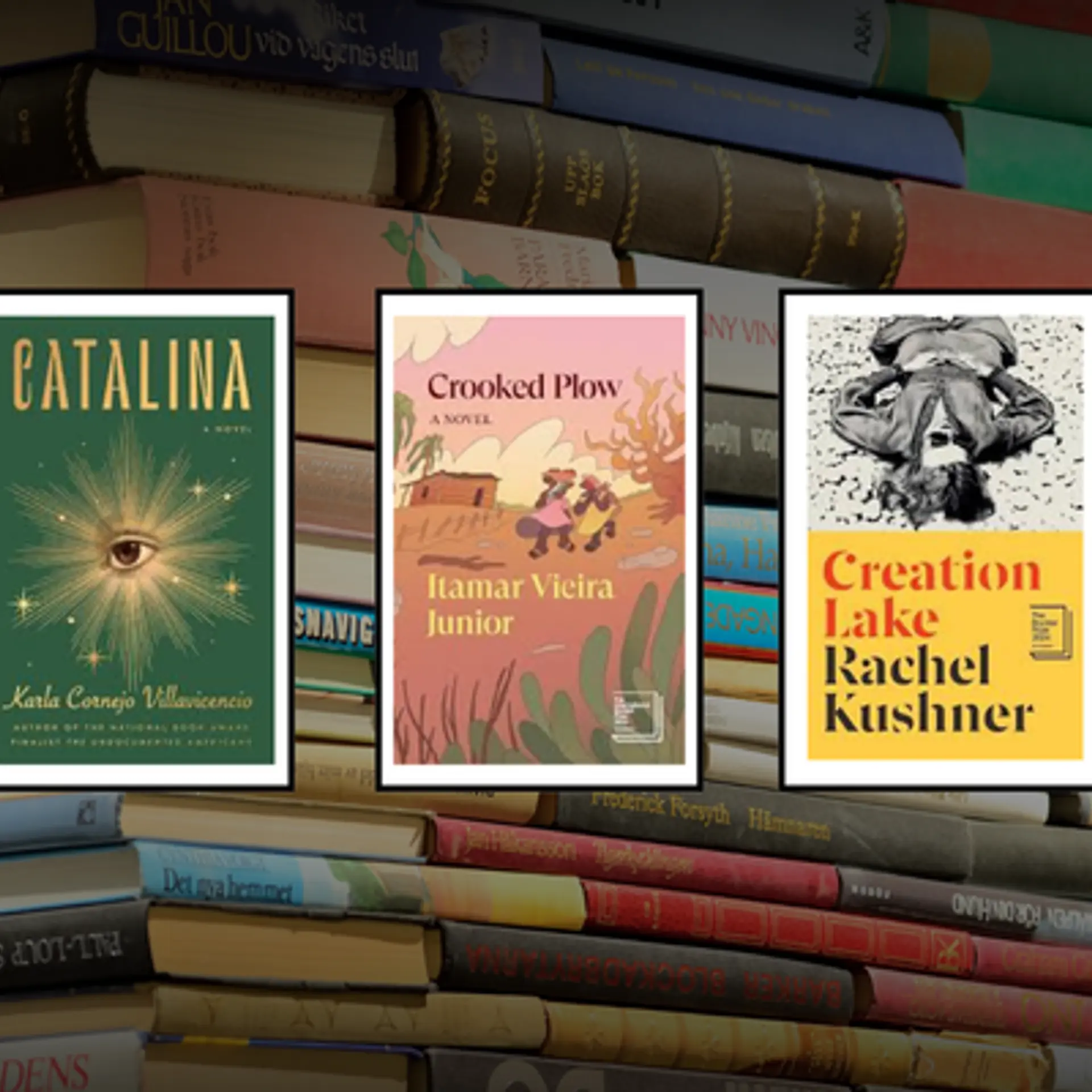How this B2B mental health firm's interventions helped de-escalate critical cases of self-harm during the pandemic
Founded by Seema Rekha, Gurugram-based Antarmanh Consulting found demand for mental and emotional wellbeing surge by 12 times during the second wave of COVID-19 in India.
Twenty-five-year-old Pooja (name changed) was booking a flight ticket from Mumbai to her hometown Guwahati in Assam when she got the news that her mother had tested positive for COVID-19. Unfortunately, even before she could reach, her mother succumbed to the virus. This was in April 2021, when tragic stories of Covid deaths were emerging from all parts of India amidst a brutal second wave.
Pooja felt helpless and devastated, and soon spiralled into thoughts of self-harm, where-in she began blaming herself for not being able to save her mother. In a cruel twist of fate, within a week, Pooja’s father also passed away, which further deteriorated her mental well-being and left her suicidal.
For nearly three months now, Seema Rekha and her team at Antarmanh Consulting have been helping Pooja cope with grief in a healthy way, and work on her mental health by checking on her every now and then through zoom calls.
For B2B wellness company Antarmanh Consulting, this is among over 150 critical cases pertaining to self-harm that it de-escalated during the pandemic.
With more than 100 psychologists, behavioural and neuroscience experts on board, the Gurugram-based company delivered over 3000 planned and emergency counselling sessions for adults, children and senior citizens through its corporate clients in April and May 2021.
The beginning
Seema grew up in Jhansi, best known for women empowerment as a lasting legacy of the iconic Jhansi ki Rani. However, the only options considered wise for her generation was to either become a doctor or an engineer.
While pursuing studies in the field of medicine, her father experienced a financial crunch, which changed the course for Seema. She looked at options in IIM Lucknow, where she took up research in strategy innovation and entrepreneurship.
However, her interests in human behavior and emotional psychology came to the forefront later while working as a management consultant.
“In 2006, nobody really paid attention to emotional wellbeing, and many would feel overwhelmed by professional life. Things would take a toll on their mental and emotional wellbeing,” she shares.
A few years later in 2011, Seema enrolled for a course in counselling and psychology at the Institute of Counseling, Glasgow, UK. She recalls,

“Around 2012, mental health awareness was only at a surface level. Some organisations provided some semblance of mental health support, which was treated as something to tick off than provide actual emotional counselling services.”
A year later, Antarmanh (meaning inner consciousness in Sanskrit) Consulting was incorporated, and Seema began working with Paras Hospital in Gurugram initially. She gradually reached out to various corporate companies through awareness programmes on the need for emotional wellness at the workplace.
Seema was clear about working on outcome-driven initiatives. Her mantra was that all factors like salary, happiness, job satisfaction, and livelihood are multiplied by 'you', and so one's mental health is the most important.
Despite challenges in getting the right team members, the company has grown to cater to a wide global audience through corporate partnerships in over 13 countries.
COVID-19 and mental health
The second wave of COVID-19 in India brought a lot of uncertainty and grief. Where Antarmanh was earlier dealing with about 200 one-on-one sessions per month, about 550 cases came their way in April and May each. The quantum of work for its mental health professionals had increased by 12 times.
Despite tech developments like AI bots, Seema says human touch is the most important factor, and ensures quality one-on-one help.
She adds that the team not only went beyond professional commitment towards the company but also continued to offer pro bono aid through helpline services in collaboration with the Haryana Government.
The helpline service receives about 15 calls a month but the entrepreneur says it has proved to be impactful as they continue to get repeat calls from the same people.
“While company operations remained successful, it was a difficult period for the clients, and our experts were also feeling emotionally drained. But most importantly, we ensured our team’s mental wellbeing before anything else,” Seema adds.
Edited by Anju Narayanan




![[YS Exclusive] Mental health startup Now&Me raises $1M led by Saama and Whiteboard Capital](https://images.yourstory.com/cs/4/a9efa9c02dd911e9adc52d913c55075e/Imagedq76-1623035319075.jpg?fm=png&auto=format&h=100&w=100&crop=entropy&fit=crop)




